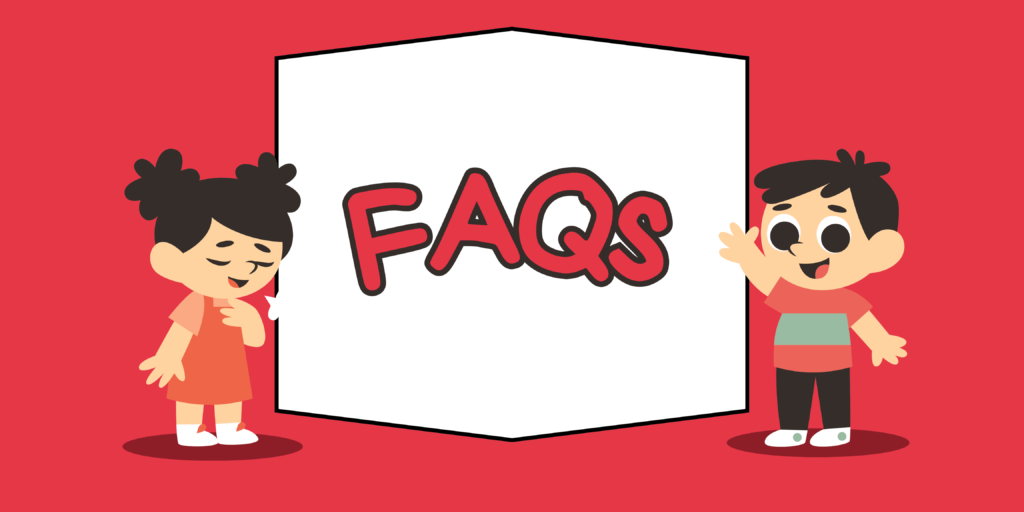
Q: What are multilingual baby and toddler groups?
A: Multilingual baby and toddler groups are gatherings where parents and caregivers come together with their young children to explore and learn languages such as French, Spanish, Italian, Portuguese, and German through various activities, songs, games, and interactions.
Q: What age range are these groups for?
We aim them towards 0-7 years. Suitable for pre-school and homeschooling families. The topic will be taught to the children (and parents/guardians!) and the tasks and activities will be made age appropriate!
Q: Do parents need to speak the language being taught in the group?
A: No, prior knowledge of the language is not necessary. These groups are open to all families regardless of their language background. Parents and caregivers can learn alongside their children through immersion and participation in group activities.
Q: What are the benefits of attending multilingual baby and toddler groups?
A: There are numerous benefits, including:
Exposure to multiple languages at an early age, which can enhance cognitive development and language acquisition skills.
Social interaction with peers and caregivers in a multicultural environment, promoting empathy, tolerance, and cultural appreciation.
Introduction to diverse cultures through songs, stories, and traditions from different countries.
Strengthening the bond between parent and child through shared learning experiences.
Q: What activities are typically offered in these groups?
A: Activities vary but may include:
Sing-alongs and music sessions featuring songs in different languages.
Storytime with bilingual or multilingual books.
Sensory play and exploration using materials from various cultures.
Arts and crafts projects inspired by different countries.
Language games, rhymes, and movement activities.
Q: What is free play for toddlers in a baby group?
A: Free play for toddlers in a baby group refers to unstructured, child-directed playtime where children are given the freedom to explore, manipulate, and interact with toys, materials, and their peers in a safe and supervised environment. During free play sessions, caregivers facilitate rather than direct the activities, allowing children to follow their interests, develop creativity, problem-solving skills, and socialize with others. This time provides valuable opportunities for toddlers to learn through experimentation, sensory experiences, and imaginative play, fostering their cognitive, physical, and emotional development in a natural and enjoyable way.
Q: Can parents & guardians get involved?
A: Absolutely! We don’t leave the parents and guardians out, you learn the language too, and you are given an activity pack to do with your child!
Q: Are you qualified and DBS checked?
A: All of our staff have the relevant qualifications and are Montessori trained instructors. We are all enhanced DBS checked and there will be 2 x first aid trained staff on site at all times.
Q: Can my child do more than one language group?
A: Absolutely, we don’t suggest doing more than one language per day, but we have a different language group every weekday!
Q: Why should children learn a second language at a young age?
A: Introducing children to a second language at a young age offers numerous cognitive, social, and cultural benefits. Here are some reasons why:
Enhanced Brain Development: Research suggests that exposure to multiple languages during early childhood can enhance cognitive development, including improved problem-solving skills, multitasking abilities, and creativity.
Improved Language Skills: Learning a second language from a young age can make it easier for children to acquire additional languages later in life. It also enhances their understanding of language structure, grammar, and vocabulary in both their native language and the second language.
Cultural Awareness: Learning a second language provides children with valuable insights into different cultures, traditions, and perspectives. It fosters an appreciation for diversity and promotes cultural empathy and understanding.
Global Opportunities: In an increasingly interconnected world, proficiency in multiple languages can open doors to a wide range of opportunities in education, career, and travel. Bilingualism or multilingualism is often viewed as a valuable asset in many fields and industries.
Early Language Acquisition: Young children have a natural aptitude for language learning, as their brains are highly receptive to new sounds and patterns. Exposure to a second language during this critical period can lead to more fluent and authentic language skills later in life.
Social Benefits: Learning a second language can facilitate communication and interaction with a diverse range of people, including family members, friends, and peers from different cultural backgrounds. It encourages social inclusion and broadens children’s social networks.
Overall, introducing children to a second language at a young age not only provides practical advantages but also enriches their lives by fostering curiosity, adaptability, and a deeper understanding of the world around them.
